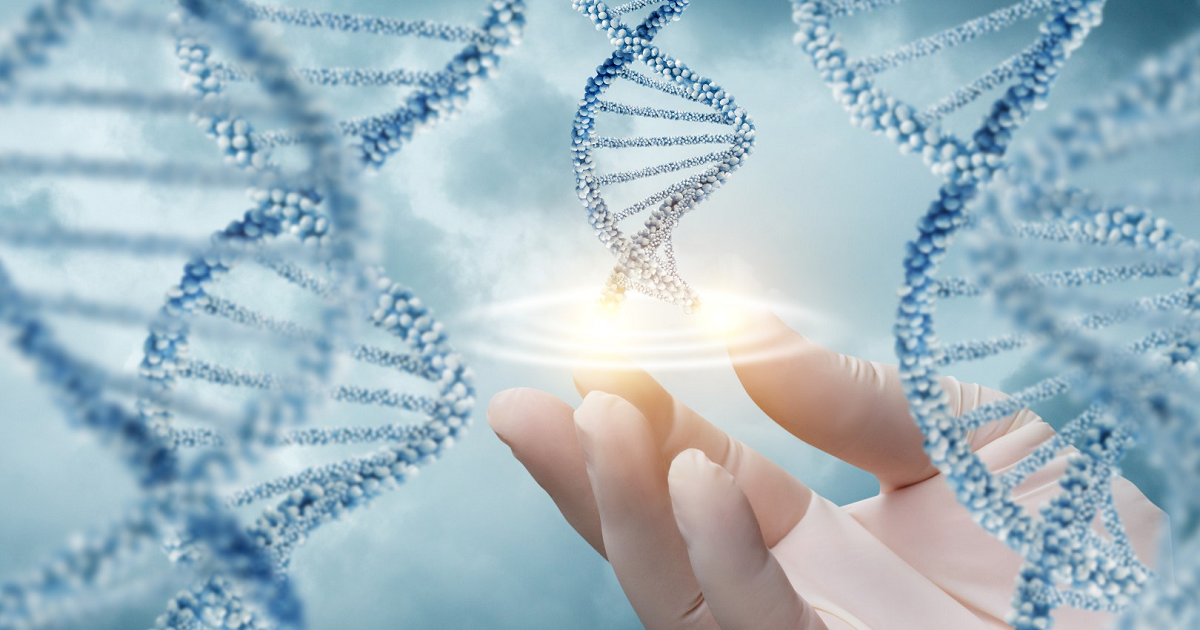
MedTech
Article | July 13, 2022
The robust global channel of more than, 800 gene and cell curatives presently in trials will produce clinical readouts in 2022, revealing what lies ahead for advanced curatives. The impact will be felt in 2022, no matter how you slice it. Eventually, how well industry and non-supervisory bodies unite to produce new frameworks for advanced therapies will shape the year 2022 and further.
Pacific Northwest talent will continue to contribute to the advancement of gene and cell curatives in both the short and long term, thanks to its deep pool of ground-breaking scientific developers, entrepreneurial directorial leadership, largely skilled translational scientists, and endured bio manufacturing technicians.
We may see continued on-life science fund withdrawal from biotech in 2021, but this can be anticipated as a strong comeback in 2022 by biotech industry, backed by deep-pocketed life science investors who are committed to this sector. A similar investment, combined with pharma's cash-heavy coffers, can result in increased junction and acquisition activity, which will be a challenge for some but an occasion for others.
Over the last five years, investment interest in Seattle and the Pacific Northwest has grown exponentially, from Vancouver, British Columbia, to Oregon. The region's explosive portfolio of new biotech companies, innovated out of academic centres, demonstrates the region's growing recognition of scientific invention. This created a belief that continued, especially because Seattle's start-ups and biotech enterprises are delivering on their pledge of clinical and patient impact.
Talent and staffing will continue to be difficult to find. It's a CEO's market, but many of these funds' return, and are not rising in proportion to the exorbitant prices they're paying to enter deals. This schism has become particularly pronounced in 2021. Hence, everyone in biotech is concerned about reclamation and retention.
Read More

MedTech
Article | July 20, 2022
Artificial intelligence has grasped the foundation in biotech. It can have the most innovative impact on biotechnology. AI has already established its presence in our day-to-day life. AI has made the existence of self-driving cars possible. Likewise, the benefits and quality that it can contribute to biotech can also be felt.
With AI, bio technicians will be able to enhance virtual screening, overlook preliminary datasets from clinics, and decipher an enormous amount of information. It can also help in improving the medication process by gathering and analyzing every bit of information.
The Significance of AI in Biotechnology
In the past few years, the application of artificial intelligence in the biotechnology industry has shifted from being sci-fi to sci-fact. A vast number of biotech companies like Deep Genomics are adopting AI for making data-driven decisions and use analytics tools to work efficiently.
Unlike the AI robots in sci-fi that are ready to take over the world. AI designed for biotech has been designed to solve certain problems or complete a bunch of tasks by using automated algorithms.
The aim of AI technology for biotech is to collect insights along with hidden patterns from large amounts of data. All the different industries of biotech including agriculture, animal, medical, industrial, and bioinformatics are gradually being affected by artificial intelligence.
Moreover, the biotech industry is realizing that AI enables them some of the important strength to their business, including:
Expanding accessibility
Cost-effectiveness
Critical predictions
Efficient decision-making
Research centers like PwC have also estimated output of $15.7 trillion by 2030 solely with AI contribution in industries. A survey revealed that about 44% of life science experts are using AI for R&D activities, as well.
Use of AI in Biotechnology
Altering Biomedical and Clinical Data
So far the most developed use of AI is its ability to read voluminous data records and interpret them. It can prove to be a life-save for bio technicians who would have to examine that much data from research publications by themselves for the validation of their hypothesis.
With the help of AI, clinical studies of patients will also become easier as all the examination reports and prescriptions will be stored in one place for cross-reference. Furthermore, it will also help in blending and fetching data into usable formats for analysis.
Test Result Prediction
Through trial and error, AI along with machine learning can help in predicting the response of the patient to certain drugs to provide more effective outcomes.
Drug Design & Discovery
AI plays a vital role whether it’s designing a new molecule or identifying new biological targets. It helps in identifying and validating drugs. It reduces the cost and time spent on the entire drug trial process and reaches the market.
Personalized Medications for Rare Diseases
With the combination of body scan results, patients’ body and analytics, AI can also help in detecting dangerous diseases at an early stage.
Improving Process of Manufacturing
To improve the process of manufacturing in biotechnology, AI offers a wide range of opportunities. It controls quality, reduces wastage, improves useability, and minimizes the designing time.
Moving Towards AI-Enhanced Biotech Future
Ever since the concept of artificial intelligence has arrived, being curious by nature, humans have started working towards achieving this goal. It has been growing at a fast pace while showing unbelievable growth and achievements at times. In comparison to the traditional methods used in the biotechnology industry, AI-based methods seem more reliable and accurate. In the upcoming years, it will show its success by improving the quality of health people have. You can also develop your AI-based application or know more about it by taking IT consultations.
Read More

Research
Article | July 11, 2022
With everything that's going on with the COVID-19 pandemic, many healthcare companies have grabbed plenty of spotlight during these challenging times. At the same time, a number of otherwise promising businesses have slipped under the radar. That's especially true for small-cap biotech stocks that aren't actively involved in developing tests, vaccines or treatments for COVID-19. Vaccine developers, protective equipment producers, and healthcare service providers are all attracting plenty of attention during this pandemic, but there are just as many promising biotech stocks that aren't involved in these areas. Here are two such companies that you might have missed, but they deserve a spot on your watch list.
Read More

Medical
Article | June 22, 2022
Genomics is an interdisciplinary field of biology emphasizing the structure, editing, evolution, function, and mapping of genomes. It is creating deeper inroads across the precision health domain with the increasing introduction of advanced technologies such as quantum simulation, next-generation sequencing (NGS), and precise genome manipulation.
As precision health focuses on providing the proper intervention to the right patient at the right time, genomics increasingly finds applications in human and pathogen genome sequencing in clinical and research spaces.
Rising Hereditary Diseases Burden Paving the Way for Genomics in Precision Health
In the last few years, a significant surge in the prevalence of diseases and ailments such as diabetes, obesity, baldness, and others has been witnessed across the globe. A history of family members with chronic diseases, such as cancer, diabetes, high blood pressure, hearing issues, and heart disease, can sometimes continue into the next generation.
Hence, the study of genes is extensively being conducted for predicting health risks and early treatment of these diseases. It also finds use in CRISPR-based diagnostics and the preparation of precision medication for the individual.
In addition, ongoing advancements in genomics are making it possible to identify different genetic traits that persuade people to more widespread diseases and health problems.
The Emergence of Genomics Improves Disease Understanding
Genomics refers to the study of the complete genetic makeup of a cell or organism. Increasing scientific research in the area substantially contributes to increasing knowledge about the human genome and assists in improving the ability to understand disease etiology, risk, diagnosis, treatment, and prevention. On account of these improvements, innovative genomic technologies and tools are being developed to enable better precision health not only for the individual but for various regional populations as well.
The Way Forward
With growing preference for personalized medicine and an increasing need for more accurate pathogen detection and diagnostics, genomics is gaining huge popularity across the precision health domain.
Also, increasing research activities for developing novel high-precision therapeutics and rising importance of gene study in the prevention, diagnosis, and management of infectious and genetic diseases will further pave the way for genomics in the forthcoming years.
Read More